What is frustration?
The emotion of frustration is a reaction to stress. It is a common emotion that everyone experiences at some point. There are some people who experience frustrations in the short term – like a long line at the grocery store – but there are others who experience frustrations over a longer period of time.
There is no one type of stressor that leads to frustration, but some common ones are:
- Stressful work environment
- Setting goals you cannot achieve
- Failing to resolve a problem
Frustration is described as a feeling of irritability or anger as a result of failing to achieve a goal. Being frustrated all the time can cause many problems in your life.
You may experience other emotions that affect your mental health and well-being if you continue pursuing a goal without success, such as:
- Loss of confidence
- Stress
- Anger
- Aggressive behavior
- Irritability
- Depression
Read: COVID-19 Stress
Types of frustration
There are many reasons for frustration, including internal and external factors. One way to solve daily frustrations is to determine if the source is internal or external.
Internal frustration
If you express frustration with yourself or your reaction, then you are frustrated with yourself. If this is the case, it could mean you are not happy with how you reacted to a situation.
External frustration
The cause of external frustration is something outside of you, such as a stressor. You may waste time in traffic, or be hindered in some way from achieving something you want.
The first step towards solving a problem is to determine where the emotion is coming from.
Read: Economic Stress
Signs of frustration
Many different types of frustration can manifest themselves. The signs of frustration can take a variety of forms. People who are stressed and irritable are usually frustrated.
Here are some typical frustration responses:
- Getting angry
- An incessant movement of the body, such as constantly tapping the fingers and sighing constantly
- Giving up, leaving
- Sadness or anxiety
- Low self-esteem
- Sleep issues
- Substance abuse
- Starvation or irregular eating habits
Body pain can result from long-term frustrations. There are different types of body pain associated with long-term frustrations. It can affect your whole life, including your sleeping patterns.
Read: Financial Stress
Excessive frustrations can lead to nightmares
It has been shown that long-term frustrations can also cause nightmares to occur
When you are frustrated, you may begin to feel incompetent. Sleep problems and nightmares can also result from failing to meet your needs for fulfillment in everyday life.
Relationship between frustration and aggression
When a person experiences a lot of frustrations in their lives, they are also prone to exhibit aggressive behavior. People can become frustrated for various reasons, such as personal problems or societal issues.
Negative self-talk can also lead to more aggressive behavior. It is possible for a frustrated attitude to result in negative thinking in other elements of your daily life, such as driving. When you are frustrated while driving, you are more likely to make aggressive decisions on the road, which can be dangerous to you and others.
Related: How to Deal with Frustration
How to cope with frustration
If you want to cope with frustration, you have to figure out what the root cause is. It’s important to identify the cause of these feelings because they won’t go away on their own.
If you are frustrated, you can begin by taking these steps:
- Feel free to share your feelings with someone you trust. You can sort through your feelings more easily if you speak them out loud instead of keeping them inside.
- Write about them in a journal. Writing them down will give you a sense of perspective and lessen frustrations. You can use it to determine how far you have come as well.
- Restructure your strategy or find a different way to achieve your goal.
- Understand what you can and cannot change. When you realize that you cannot control what happened, accepting the situation can relieve frustrated feelings.
- Endorphins are released during exercise, allowing you to feel accomplished and relieve stress.
First, you need to recognize your stressors and take steps to overcome them. You may want to speak to a professional or join a support group if you still feel frustrated and angry.
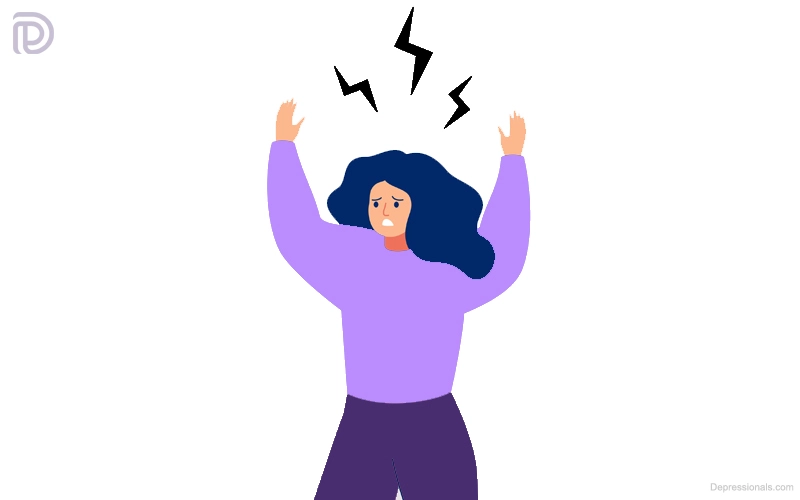
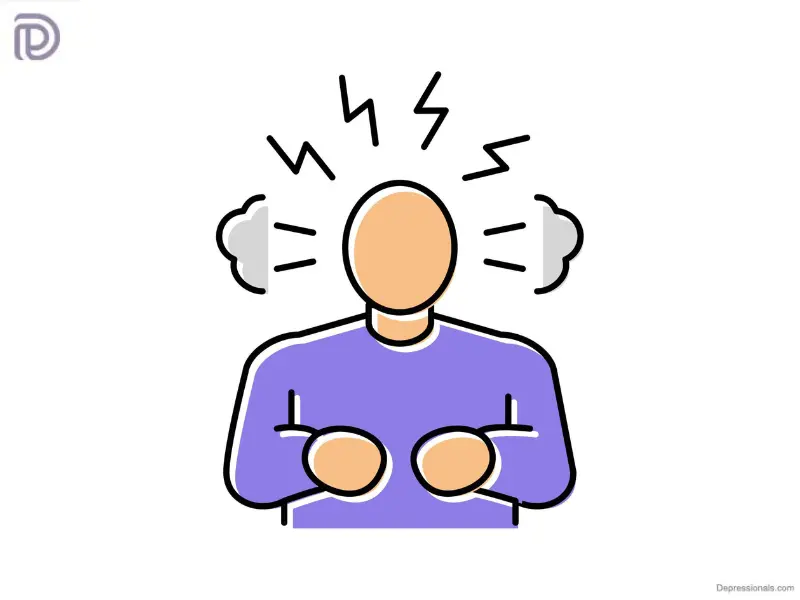
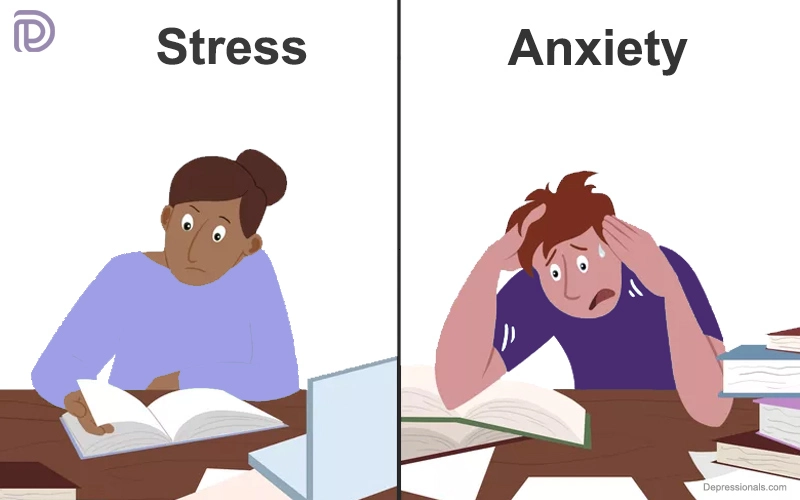
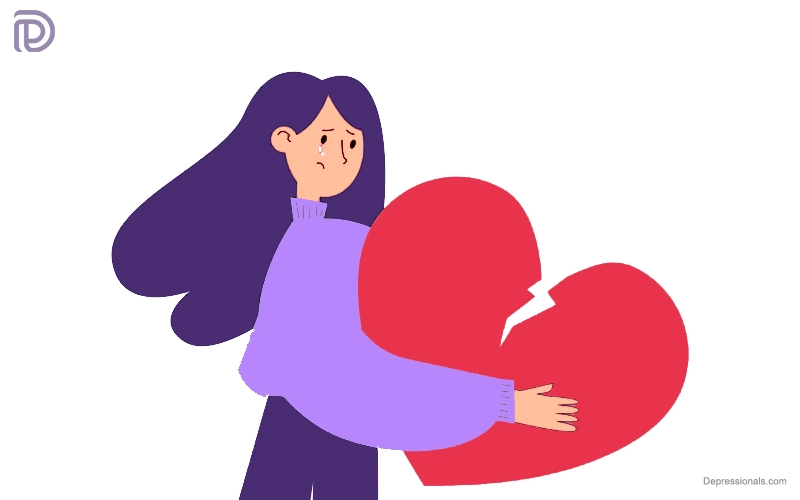
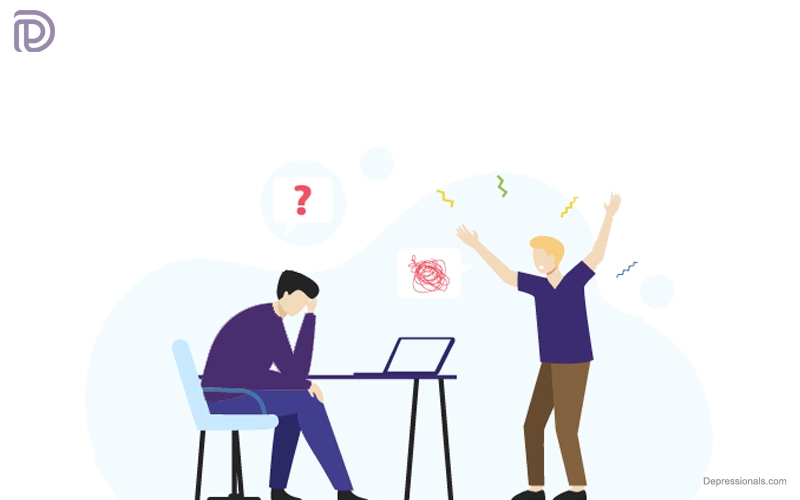

It’s really a nice and useful piece of information. I’m satisfied that you shared
this helpful info with us. Please stay us informed like this.
Thanks for sharing.
Amazing! Its genuinely amazing post, I have got much clear idea on the topic of from this piece
of writing.
You really make it seem really easy together with your presentation but I to find this topic to be really one thing that I think I might by no means understand. It seems too complicated and extremely huge for me. I’m looking ahead for your next put up, I’ll try to get the grasp of it!|
Thank you for any other magnificent post. Where else may anybody get that kind of info in such a perfect way of writing? I’ve a presentation subsequent week, and I’m at the look for such information.
so much fantastic info on here : D